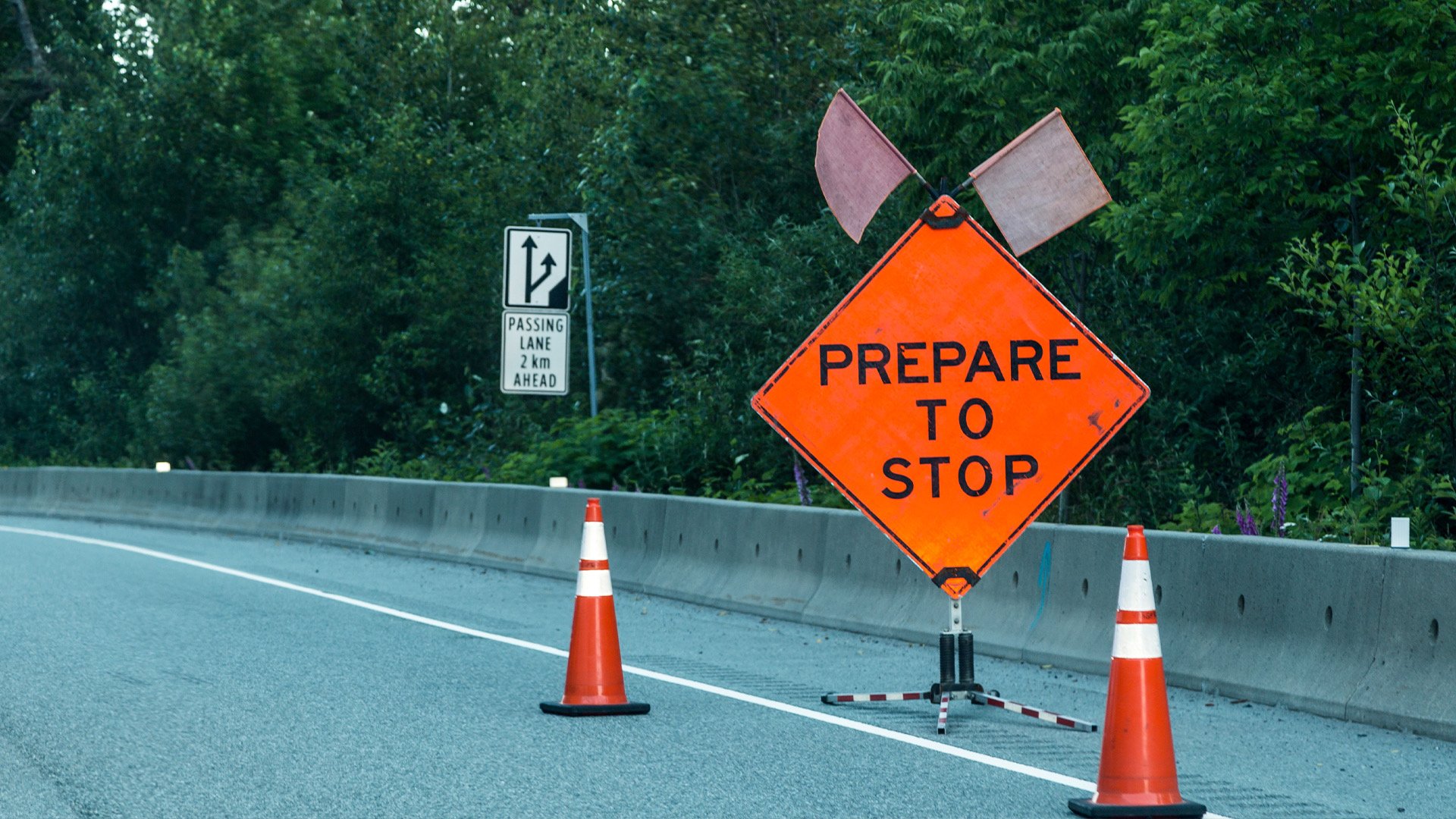"I've Learned to Stop Answering So Quickly"
Unlike many meetings that fall into a routine of updates and action items, mine always start differently. I design them to immediately engage the team—not as passive listeners, but as active thinkers. So, I opened with a question:
“What have you learned from another project in the past two weeks that’s worth sharing with this team?”
One answer immediately grabbed the team's attention.
“I’ve learned to stop answering so quickly.”
They explained that on another project, they had fallen into the habit of responding immediately—to emails, to questions, to problems that landed on their plate. The expectation was always to be fast. But one day, they decided to wait. Not to ignore the question, but to give themselves time to process.
And what they found was surprising. In many cases, the problem solved itself before they had to step in. This is where the concept of intentional silence comes into play. Instead of rushing to fill the space, they let it sit—and in that space, something powerful happened. People kept talking, worked through their own ideas, and often reached better conclusions than if someone else had solved it for them.
The Value of Slowing Down
This wasn’t about withholding information or being unresponsive—it was about breaking the habit of reacting before thinking. In a world that rewards speed, slowing down can actually create better outcomes.
When we stop answering so quickly, three things happen:
🔹 We think more clearly. Instead of blurting out the first thought that comes to mind, we give ourselves space to consider better options.
🔹 We empower others. When we don’t immediately provide the answer, we encourage those around us to engage more deeply and solve problems themselves.
🔹 We avoid unnecessary mistakes. A rushed response is often incomplete or misinformed. A moment of reflection can save time down the road.
Bringing This Into Project Leadership
I've seen this play out time and again in my own projects. In high-pressure construction and design work, the instinct is often to provide immediate answers—whether it's a contractor looking for direction, a designer requesting clarification, or a client expecting a quick decision. But when I take a beat instead, something different happens. The team steps up, explores options more thoroughly, and often lands on a stronger, more sustainable solution.
In a field where timelines and budgets matter, it may seem counterintuitive to slow down. But in reality, rushed decisions often lead to costly mistakes and rework. A well-placed pause can be the difference between a reactive choice and a strategic one.
Try It for YourselfIf you’re someone who prides yourself on being responsive, this might feel counterintuitive. But next time someone asks you a question, pause for a few seconds before responding.
Let the moment breathe. See if they continue speaking, if they come to a realization on their own, or if your own answer becomes more thoughtful as a result.
You don’t always need to be the fastest person in the room. Sometimes, the most valuable response is the one that takes just a little longer to arrive.

